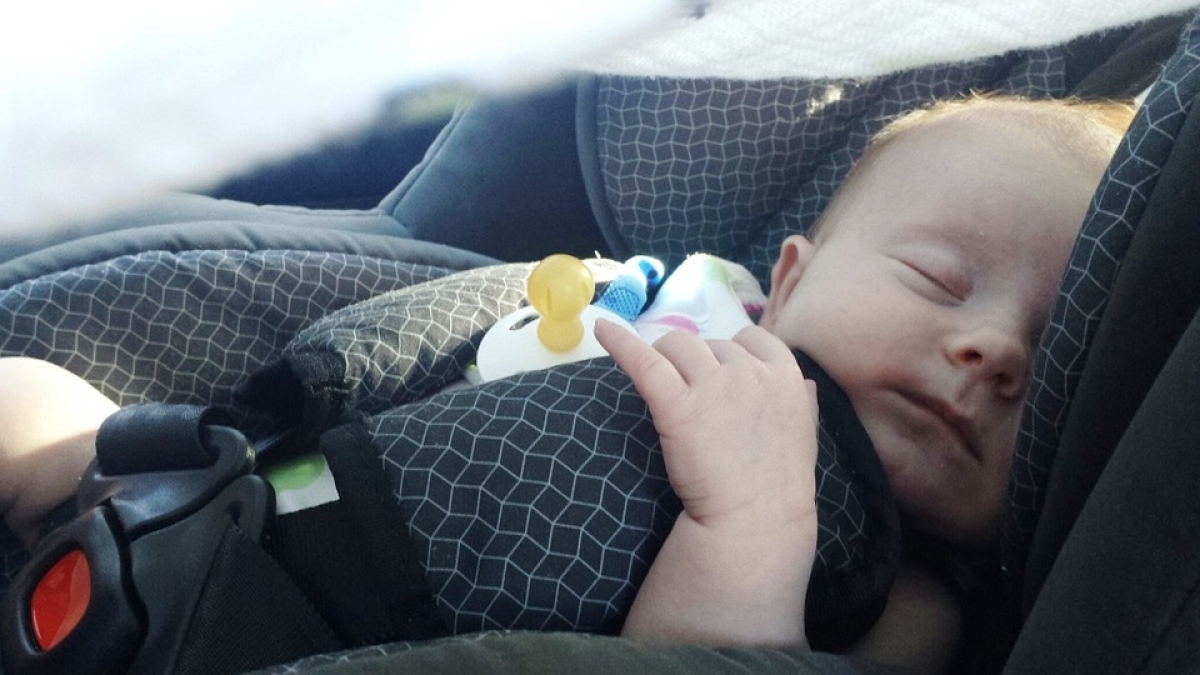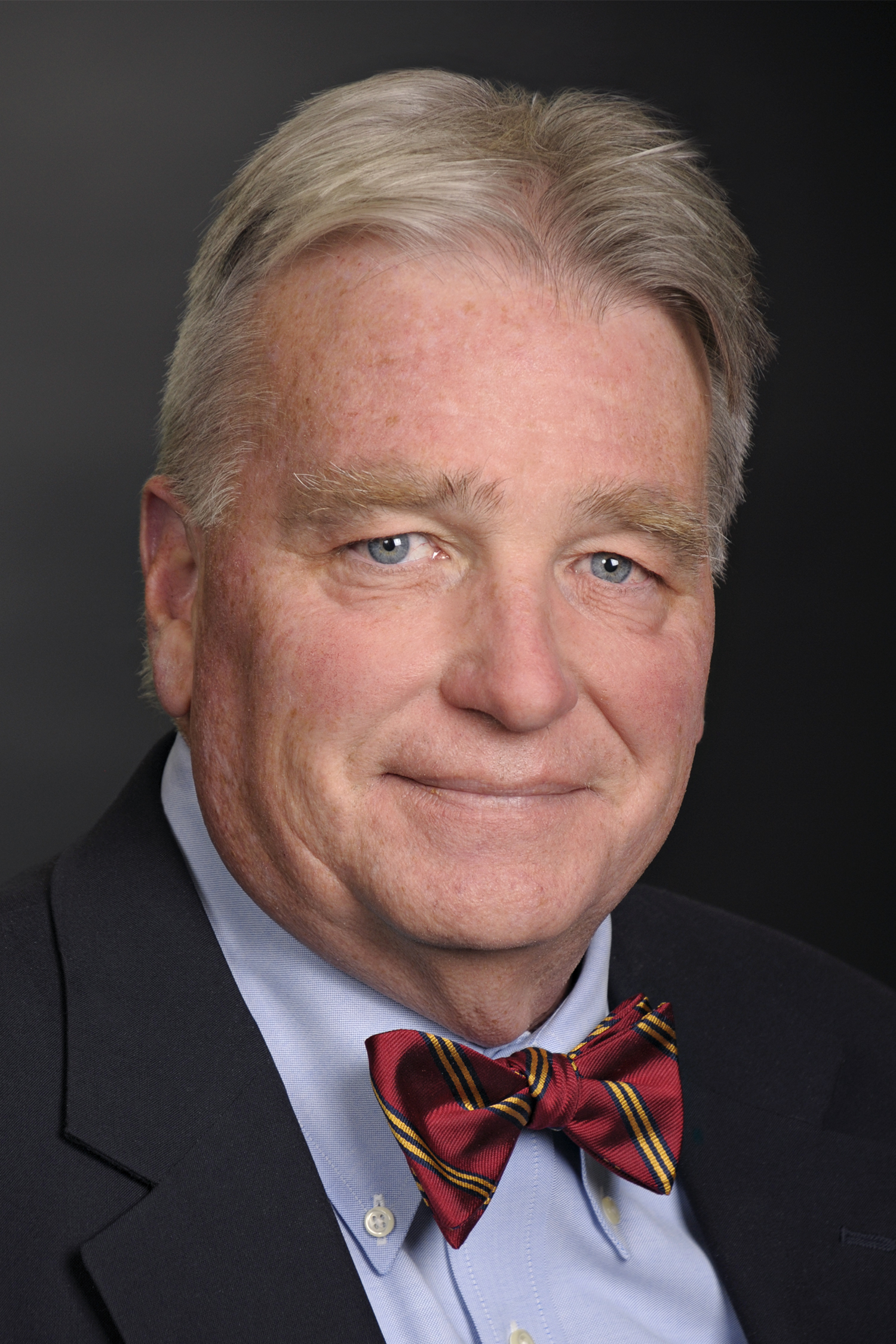W. P. Carey professor says consumer recalls often driven by injury or failure

Infant seats overheating. Dressers crushing toddlers. Dryers catching fire. Shattered sunroofs. Flaming phones. Spoiled food.
Consumer recalls are a bad deal for everyone. It can damage a retailer’s reputation. It’s often irritating for buyers, and it punishes a company’s bottom line. But they’re also an important means of protecting consumers from dangerous goods.
Last week, three major automakers recalled approximately 320,000 cars for a variety of issues ranging from inspection lapses, transmission problems and pinion plugs while a national outbreak of salmonella linked to tuna loins is being investigated by federal officials. On Wednesday, Fisher-Price issued a voluntary recall of 63,000 infant seats after receiving 36 complaints the devices overheated.
To gain a better understanding of recalls, what triggers them and what protection is offered to consumers, ASU Now turned to Dale Rogers, a professor of logistics and supply chain management at the W. P. Carey School of Business.
Dale Rogers
Question: What’s the difference between a voluntary recall and a mandatory one? Who issues a mandatory recall?
Answer: Mandatory recalls are issued by government agencies such as the Food and Drug Administration or the Consumer Protection Safety Commission. Mandatory means that a firm must comply, while voluntary recalls are made at the company level.
Q: How does a company determine if they need to do a recall? What goes into the calculation? Is it financial?
A: A recall is usually driven by a product failure and/or injury. The reasons can vary substantially. Products designed for infants or impacting young children like the Ikea chest of drawersIn June 2016, Swedish furniture maker Ikea issued a massive recall of 30 million dressers after consumers claimed they were prone to tip. The dressers, from Ikea’s Malm line, have been attributed to seven deaths. make a large number of recalls. But recalls can also be obsolescence issues as well as product needs to rotate off of the shelf because it is too old.
Q: Does the Consumer Product Safety Commission do enough to keep people safe? Does it do so much that it creates headaches where none are needed?
A: It appears that the current administration would like to reduce regulation and protections of the Consumer Product Safety Commission. Thus far, not much has materially changed, but people are concerned about it.
One of the issues is that there are some regulations at the federal level, but states also have rules and guidelines. And those state guidelines can be quite different from one state to another.
More Business and entrepreneurship

Thunderbird at ASU, W. P. Carey School team up on concurrent master's degrees
Students are now able to take advantage of two world-class schools at Arizona State University, at the same time. The Thunderbird School of Global Management and W. P. Carey School of Business…

ASU alum's personalized greeting card kiosk debuts on Tempe campus
Everyone knows how disheartening it is to dash into a store to grab a last-minute holiday card and find the selection picked over and in disarray.An Arizona State University alumna has created a…

Celebrating industry giants and distinguished alumni
Four outstanding alumni and two industry leaders will be honored at the School of Sustainable Engineering and the Built Environment’s Hall of Fame and Academy of Distinguished Alumni event, scheduled…
